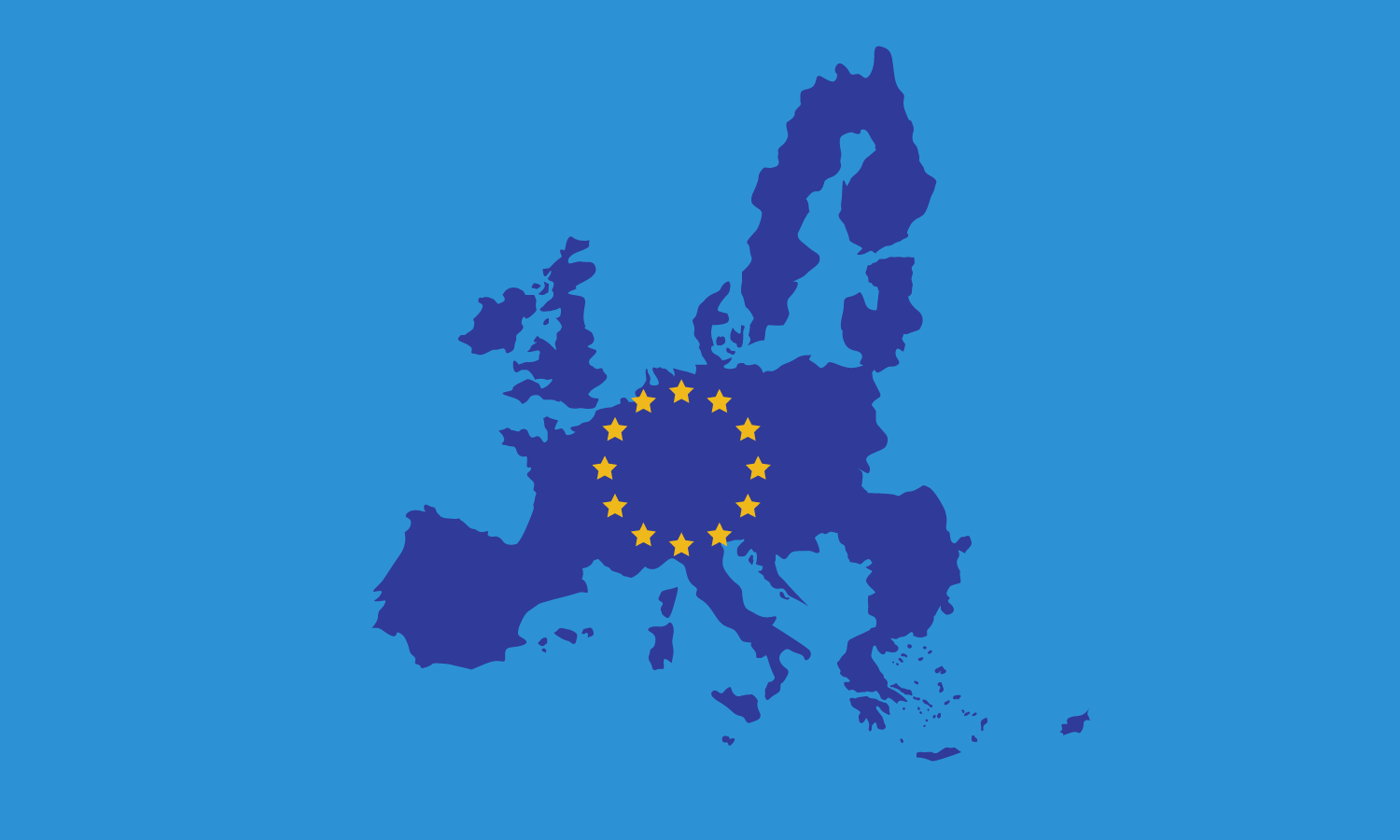Data Protection Authorities (DPAs) are independent regulatory bodies in each EU Member State responsible for enforcing data protection laws, most notably the General Data Protection Regulation (GDPR). Within the context of the EU AI Act, DPAs play a critical role in overseeing AI systems that process personal data, particularly those posing risks to fundamental rights, such as privacy, non-discrimination, and freedom of expression.
As AI technologies increasingly rely on large datasets and automated decision-making, DPAs are uniquely positioned to monitor how AI impacts the informational self-determination of individuals across the EU.

1. Background and Establishment
DPAs were formally established under the EU Data Protection Directive (95/46/EC) and later strengthened under the GDPR (2016/679). Every Member State is required to appoint at least one independent DPA with:
- Powers to investigate, supervise, and enforce data protection law
- Authority to issue fines, ban processing, and order corrective actions
- A mandate to advise legislators and raise public awareness
- Participation in the European Data Protection Board (EDPB) for EU-wide coordination
As the EU AI Act intersects with data protection in areas like biometric identification, emotion recognition, and automated decision-making, DPAs have been assigned complementary roles in AI system oversight.
2. Purpose and Role in the EU AI Ecosystem
DPAs play a rights-based supervisory role in the AI ecosystem, ensuring that systems governed by the EU AI Act also adhere to the principles and safeguards established in the GDPR and the Charter of Fundamental Rights of the EU. Their key responsibilities include:
- Monitoring AI systems that process personal or sensitive data
- Ensuring lawful bases for automated decision-making under GDPR Articles 22 and 6
- Evaluating data minimization, purpose limitation, and accuracy in AI training datasets
- Investigating high-risk AI systems that may infringe on privacy or lead to profiling
- Collaborating with National Supervisory Authorities and the AI Office on joint cases
- Advising on data governance, impact assessments, and consent mechanisms
DPAs serve as guardians of individual rights in a digital environment shaped increasingly by opaque, data-driven algorithms.
3. Key Contributions and Impact
Data Protection Authorities have already had a significant impact on the governance of AI systems in Europe:
- Issued landmark GDPR fines against companies deploying non-compliant facial recognition and behavioral tracking tools
- Developed guidelines on AI and data protection, especially around lawful processing and algorithmic transparency
- Advised on the Ethics Guidelines for Trustworthy AI and the development of Data Protection Impact Assessments (DPIAs)
- Participated in regulatory sandboxes to guide startups in privacy-respecting AI development
- Flagged unlawful biometric mass surveillance practices, influencing the final text of the EU AI Act
- Collaborated with other EU bodies to develop standards for anonymization, pseudonymization, and data governance
Their decisions and guidance shape how AI system providers and deployers balance innovation with compliance.
4. Connection to the EU AI Act and the EU AI Safety Alliance
Under the EU AI Act, DPAs are formally recognized as authorities responsible for supervising compliance in areas that overlap with data protection law. This includes:
- Reviewing AI systems classified as high-risk that process personal data
- Cooperating with National Supervisory Authorities on enforcement
- Contributing to the European Artificial Intelligence Board (EAIB)
- Advising the AI Office on rights-related risks, including algorithmic bias and privacy infringements
In parallel, the EU AI Safety Alliance provides technical assessments and certification for AI systems, especially those with complex data flows. DPAs ensure that certified systems also meet GDPR requirements, creating a compliance bridge between AI-specific regulation and data protection law.
5. Stakeholder Engagement and Community Participation
DPAs actively engage with both the public and AI ecosystem stakeholders to promote accountable innovation. Their activities include:
- Offering compliance consultations and pre-assessment support
- Conducting public awareness campaigns on AI and privacy
- Hosting forums and roundtables with developers, ethicists, and legal experts
- Collaborating with academia and civil society to assess emerging risks
- Supporting open-source tools for data protection audits and algorithmic impact assessments
This participatory approach helps embed privacy by design into AI development from the outset.
6. Key Themes Addressed by Data Protection Authorities
DPAs are responsible for a range of data-centric issues within AI regulation, including:
- Automated decision-making and profiling
- Lawfulness of data processing under GDPR
- Informed consent and user rights
- Transparency of algorithmic logic
- Accuracy and relevance of training datasets
- Special category data (e.g., biometric, health) usage in AI
- Anonymization and pseudonymization techniques
- Data protection impact assessments (DPIAs)
- Cross-border enforcement and cooperation within the European Data Protection Board
These issues are especially critical in high-risk sectors such as healthcare, finance, law enforcement, and education—where AI use directly affects human lives and liberties.
7. How to Engage with Your Data Protection Authority
AI system providers, developers, and public sector bodies can engage with their national DPA by:
- Submitting Data Protection Impact Assessments (DPIAs)
- Requesting prior consultations for high-risk processing
- Participating in regulatory sandboxes or guidance sessions
- Responding to inquiries or investigations initiated by the DPA
- Accessing training materials, toolkits, and compliance guidelines
- Filing complaints or concerns about potential GDPR breaches by AI systems
A full list of EU Data Protection Authorities is available via the European Data Protection Board and the European Commission.

